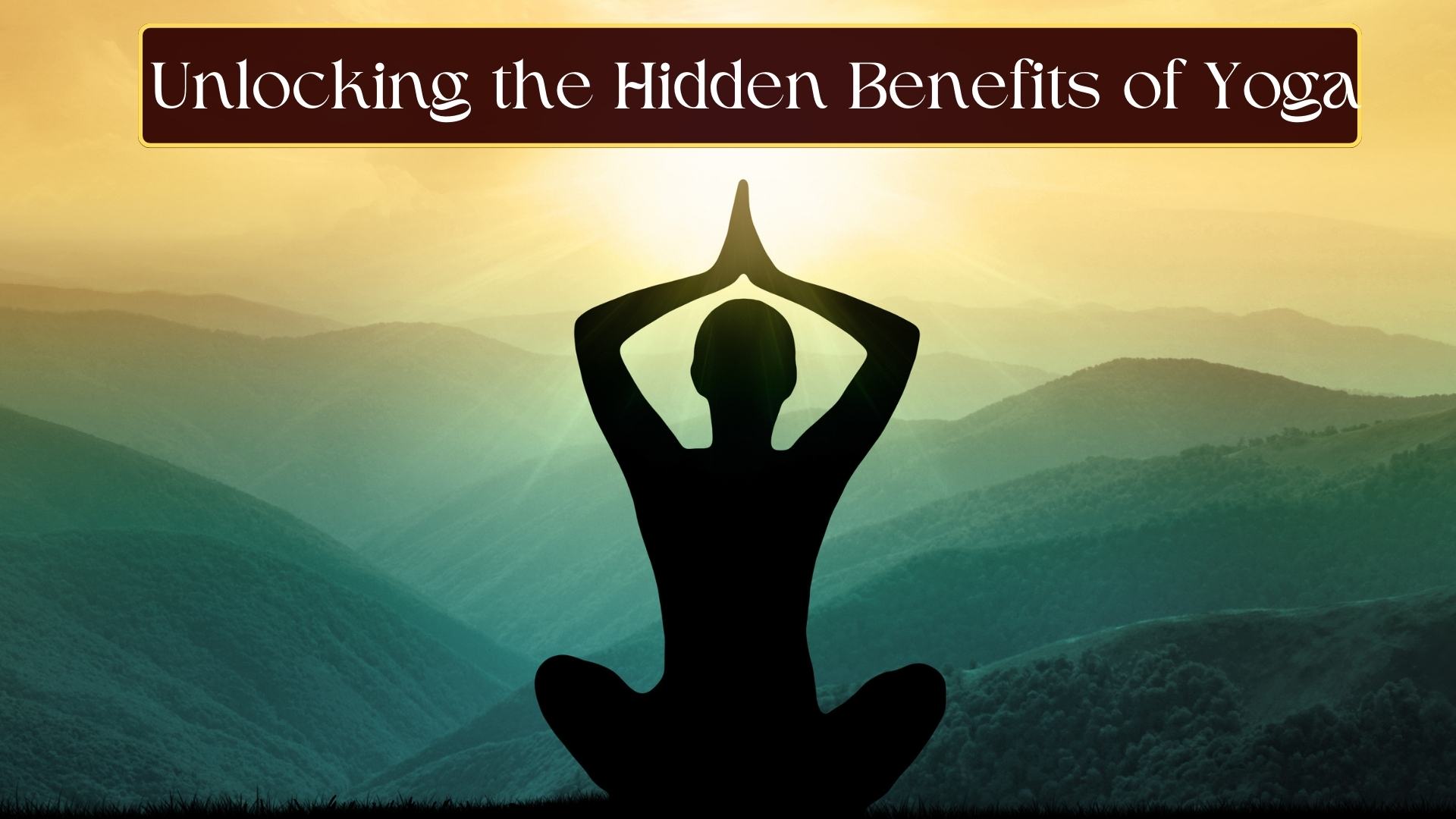Meditation, touted as a panacea for stress relief, mental clarity, and inner peace, has gained widespread attention for its myriad benefits. Yet, for some, the practice seems elusive, yielding little to no results. If you find yourself in this boat, rest assured, you’re not alone. There are several reasons why meditation might not be working for you as expected. Here’s a closer look at these hurdles and some strategies to enhance your meditation experience.
Hurdles of Meditation

1. Unrealistic Expectations
One common pitfall is having unrealistic expectations about what meditation should achieve. It’s not a magic fix that instantly erases all stress or transforms your life overnight. Instead, think of it as a gradual process that accumulates benefits over time. Adjust your expectations and focus on the small, subtle changes that occur with regular practice.
2. Restless Mind and Lack of Focus
A racing mind is a natural adversary to meditation. Constant thoughts, distractions, and an inability to concentrate can impede progress. Start by acknowledging that it’s normal for thoughts to arise during meditation. Instead of fighting them, gently guide your attention back to your focal point, whether it’s your breath, a mantra, or a specific sensation.
3. Impatience and Inconsistency
Consistency is key in meditation practice. Expecting immediate results or practicing sporadically can hinder progress. Set realistic goals and commit to a regular practice schedule, even if it’s just a few minutes a day. Over time, this consistency will yield more tangible benefits.
4. Incorrect Technique or Approach
There are various meditation techniques, and not all may resonate with you. Experiment with different methods—guided meditation, mindfulness, transcendental meditation, or loving-kindness meditation—to find what suits you best. Moreover, seek guidance from experienced practitioners or meditation teachers who can provide insights and correct any misconceptions.
5. External Disturbances
External factors such as noise, discomfort, or an unsuitable environment can disrupt your meditation. Find a quiet, comfortable space where you won’t be interrupted. Use aids like earplugs or soothing music if necessary. Creating a conducive environment can significantly enhance your practice.
Next Article : Unlocking the Hidden Benefits of Yoga: How This Ancient Practice Can Transform Your Mind, Body, and Spirit
Strategies to Enhance Your Meditation Experience
I) Set Realistic Intentions: Establish achievable goals for your meditation practice. Celebrate small victories and acknowledge progress, no matter how subtle.
II) Be Patient and Persistent: Rome wasn’t built in a day, and the same applies to the benefits of meditation. Keep at it, even if progress seems slow.
III) Mindful Awareness Off the Cushion: Extend mindfulness into your daily life. Practice being present during routine activities like eating, walking, or washing dishes. This cultivates a sense of mindfulness that can spill over into your formal meditation practice.
IV) Explore Different Techniques: Don’t be afraid to experiment. Try different types of meditation until you find one that resonates with you.
V) Seek Guidance: Consider joining a meditation group or seeking guidance from experienced practitioners or teachers. They can offer valuable insights and support.
Conclusion
In conclusion, while meditation might not work as expected initially, perseverance, realistic expectations, and a willingness to adapt your approach can significantly enhance your experience. Remember, the journey of meditation is as important as the destination, and with time and dedication, its benefits can become more tangible and transformative in your life.




